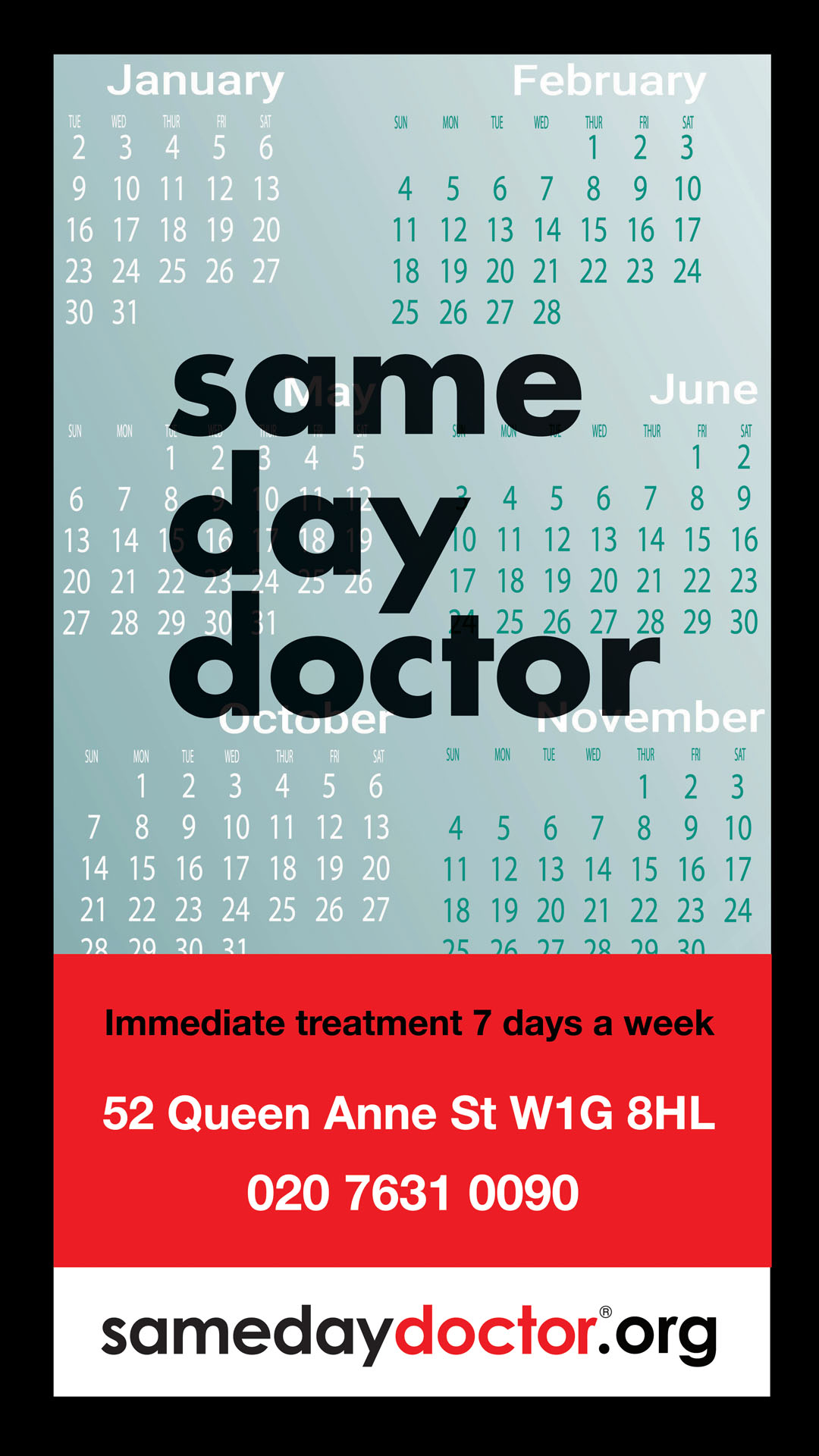

Whether you’re managing a busy schedule, worried about a potential injury, or simply want clarity sooner rather than later - access to rapid, high-quality medical imaging is crucial. That’s where private X-ray clinics come in. These services offer an efficient, flexible, and highly personalised alternative to NHS diagnostics, without compromising on quality and service.
.jpg)
X-rays are one of the most commonly used tools in modern medicine, but many people are unsure when they actually need one. If you're dealing with pain, swelling, or an injury, or simply want clarity about your health, understanding when an X-ray is appropriate can be empowering. Whether you're an athlete with a sports injury or someone facing long NHS wait times, this guide will walk you through everything you need to know about X-rays: when they’re used, how they differ from other scans, and how to access them quickly - especially through private healthcare.
.jpg)
Navigating the UK healthcare system can feel overwhelming—especially when you’re balancing cost, convenience, and the urgency of your medical needs. With NHS services under growing pressure, many individuals are exploring private GP options for faster, more flexible access to care. But how do you know which route is best for you?
.jpg)
When it comes to your health, confidence in your diagnosis and treatment plan is essential. But what happens when you leave the consultation room feeling uncertain, overwhelmed, or simply not convinced? In situations like this, seeking a second medical opinion can be one of the most empowering decisions you make.
In the UK, it’s entirely normal—and often advisable—to seek another expert view, especially if your condition is serious, your symptoms remain unexplained, or your proposed treatment is complex. Unfortunately, many people hesitate, fearing they’ll offend their doctor or appear distrustful. The reality is that second opinions are a respected part of modern healthcare, and most clinicians fully support them.
.jpg)
Do I Have ADHD? Signs, Symptoms, and How to Get Tested Privately
Attention Deficit Hyperactivity Disorder (ADHD) is often misunderstood, leading many individuals to go undiagnosed for years. Whether you’re an adult struggling with focus and organization, a parent noticing symptoms in your child, or someone frustrated by long NHS waiting times, understanding ADHD is crucial.
In this guide, we’ll explore:
•The common signs and symptoms of ADHD
•How ADHD presents differently in adults and children
•The benefits of private ADHD testing
•How SameDayDoctor can help with medical testing and fast, confidential referrals
What is ADHD?

Traveling abroad is an exciting and enriching experience, whether you’re heading out for a holiday, a business trip, study, or volunteering. It opens up opportunities to explore new cultures, taste unique cuisines, and meet people from around the world. However, traveling internationally comes with certain health risks, as different destinations pose distinct threats to your wellbeing. To ensure that you have a safe, healthy, and worry-free journey, it’s essential to be prepared by getting the right travel vaccinations. These vaccines not only help protect you from diseases that might be prevalent in your destination but also contribute to public health and the prevention of outbreaks.
.jpg)
The Importance of Employee Health Checks: What Every Business Should Know
Introduction
Employee health is one of the most valuable assets a business can invest in. A healthy workforce leads to higher productivity, reduced absenteeism, and improved morale, all of which contribute to long-term business success. Yet, many companies overlook the importance of regular employee health checks, only addressing health issues when they become serious.
At SameDayDoctor, we understand that businesses need fast, efficient, and reliable health screening services to keep their workforce in peak condition. Our private health checks for employees provide rapid assessments, ensuring that staff receive essential health screenings without long waiting times or disruption to their work schedule.

Introduction
If you’re applying for a visa that requires a medical examination, the process can seem overwhelming. Whether you’re moving abroad for work, study, or residency, a visa medical is often a mandatory requirement. Understanding the process, costs, and what to expect can help you navigate this step smoothly.
At SameDayDoctor, we provide fast, efficient, and hassle-free visa medicals in London. With same-day appointments and quick results, we ensure you get the medical certification you need without unnecessary delays.
.jpg)
Knowing when to seek immediate medical care can be the difference between life and death in some situations. While minor symptoms often resolve on their own, others can signal a serious underlying condition that needs urgent attention. But how do you differentiate between a simple headache and a potential emergency? At samedaydoctor, we understand that navigating your symptoms can be challenging, especially when you’re unsure of their severity. That’s why we offer fast, flexible, and expert care to help you address your concerns promptly. Whether you book via phone, email, our website, social media, or simply walk in, our team is ready to assist you.